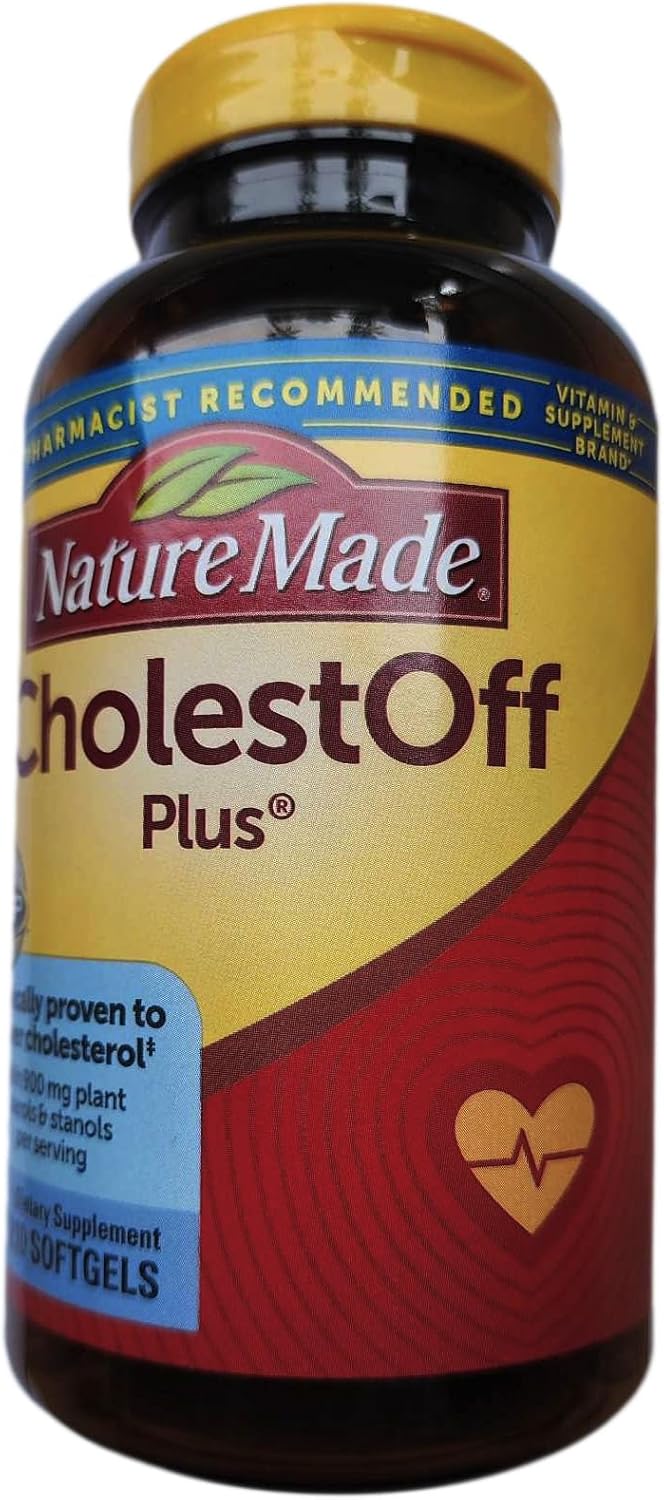Coenzyme Q10
Coenzyme Q10 (Co Q10) is produced by the human body and is necessary for basic cell function. Co Q10 functions as an antioxidant. Co Q10 is naturally present in small amounts in a variety of foods, but is particularly high in organ meats such as heart, liver and kidney, as well as beef, soy oil, sardines, mackerel, and peanuts.
Co Q10 is synthesized in all tissues and a healthy individuals normal levels are maintained both by Co Q10 intake and by Co Q10 synthesis. It has no known toxicity or side effects.
|
Red Yeast Rice
Red Yeast Rice forms naturally occurring HMG-CoA reductase inhibitors known as monacolins. The medicinal properties of red yeast rice favorably impact lipid profiles of people with high cholesterol (hypercholesterolemic patients).
Red Yeast Rice contains a family of nine different monacolins, all of which have the ability to inhibit HMG-CoA reductase which inhibits the production of cholesterol. Other active ingredients in red yeast rice include sterols, isoflavones, and monounsaturated fatty acids.
|
Plant Sterols and Plant Stanols
Plant sterols and stanols represent a group of compounds that are an essential constituent of cell membranes in animals and plants. Cholesterol is actually a sterol of human cells, whereas phytosterols are produced by plants.
The most common plant sterols are sitosterol, campesterol, and stigmasterol. Plant sterols, although structurally similar to cholesterol, are not synthesized by the human body and are very poorly absorbed. The specific plant sterols that are currently incorporated into foods and supplements are extracted from soybean oil.
|
Guggulipid
This natural ingredient is derived from the mixture of plant chemicals (ketonic steroids) from the gum resin of Commiphora mukul, called guggulipid. Clinical studies indicate it to be effective in the treatment of elevated cholesterol, elevated triglyceride levels and elevated LDL (bad cholesterol) levels.
Three of the possible mechanisms include inhibition of cholesterol biosynthesis, enhancing the rate of excretion of cholesterol and promoting rapid degradation of cholesterol.
|



















































Reviews
There are no reviews yet.